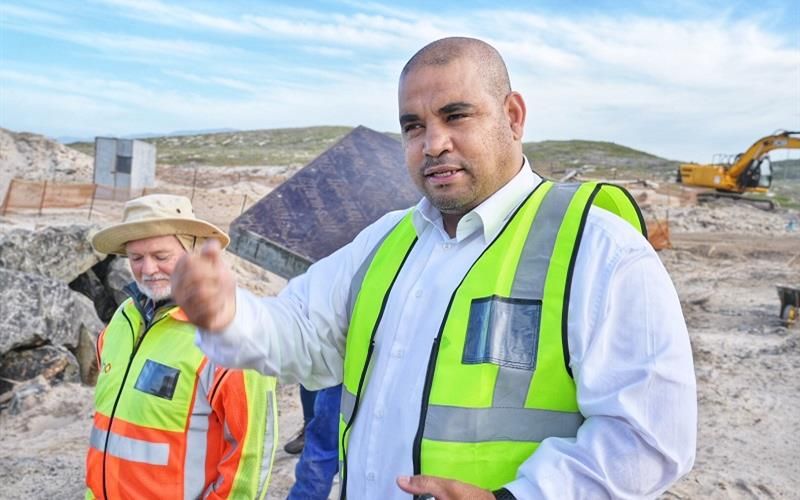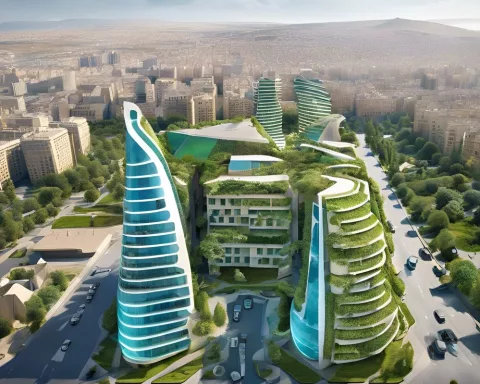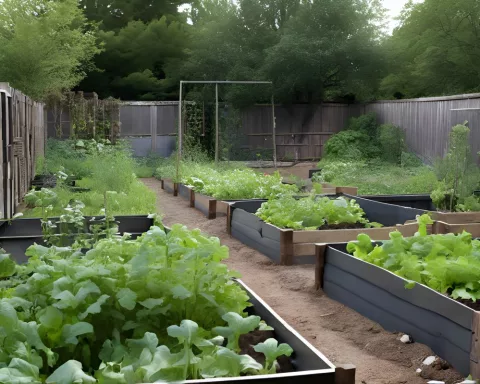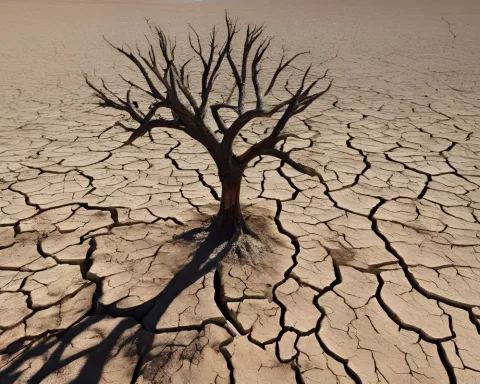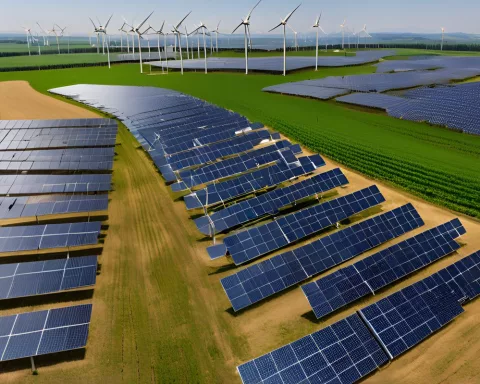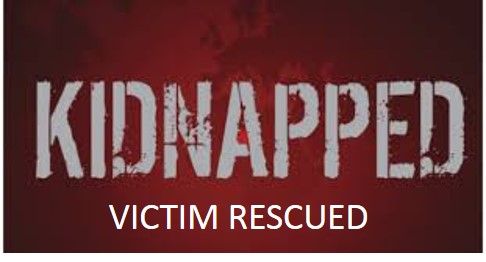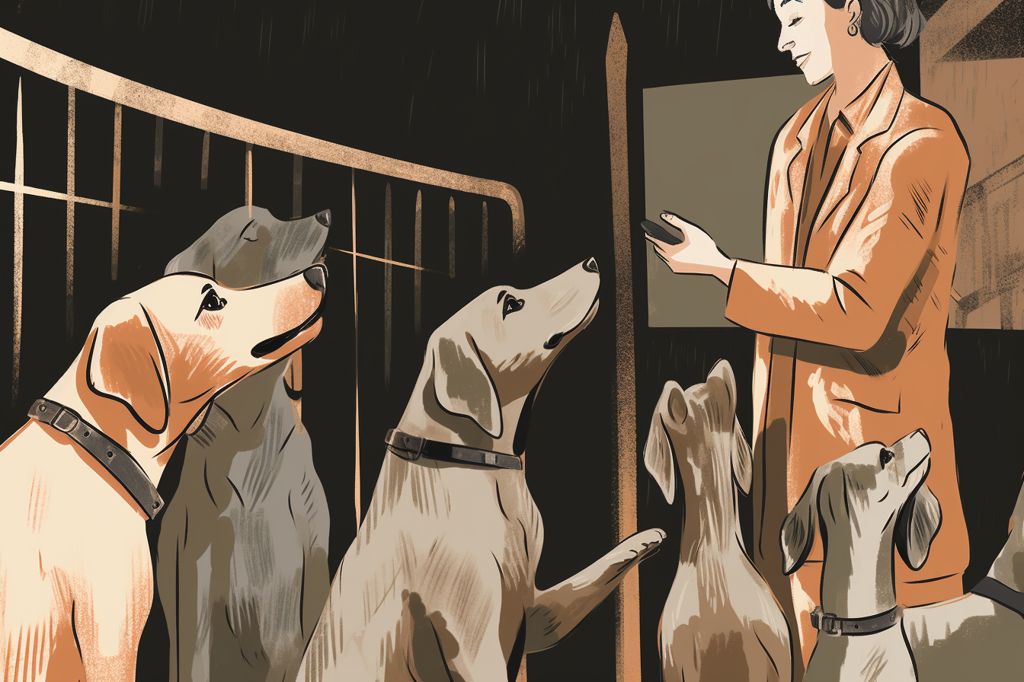Cape Town, in response to climate change and growing urbanization, has adopted a comprehensive plan to redevelop its coastlines, vleis, and urban spaces. The city has allocated a budget of over R1.2 billion to undertake various projects aimed at enhancing the city’s resilience, environmental sustainability, and socio-economic development.
Upgrading the Coastline
The Spatial Planning and Environment Directorate has analyzed Cape Town’s 307km coastline and identified key areas for rehabilitation, protection, and enhancement. The city is set to embark on several projects, including the upgrade of the Monwabisi beachfront, the construction of a new coastal defense structure in Muizenberg, and the expansion of the Sea Point promenade. These initiatives seek to address the impact of climate change on coastal areas while providing attractive recreational spaces for both residents and tourists.
Improving Inland Waterbodies
The city has allocated R49 million and R17 million to improve water quality at Zeekoevlei and Rietvlei, respectively. Additionally, R265 million will be dedicated to dredging vleis over the next three years.
Upgrading Nature Reserves
Cape Town’s nature reserves will receive upgrades, as they serve as vital sanctuaries for the city’s unique biodiversity. The city has budgeted R105 million for new education centers at Bracken, Harmony Flats, Zandvlei, and Westridge, while R71.3 million will be spent on upgrading reserve infrastructure.
Mayoral Urban Regeneration Programme (MURP)
The MURP aims to address crime, grime, and spur economic activity in areas that require investment. The city has allocated a budget of R194.5 million to undertake various projects in neighborhoods such as Bonteheuwel, Goodwood, and Parow.
Local Area Priority Initiatives (LAPIs) and Local Environment and Heritage Projects
The city is investing in LAPIs and local environment and heritage projects. R29 million will be used for the upgrade of Kruskal Avenue in Bellville, and R57 million has been allocated for the refurbishment of the Philippi fresh produce market.
Cape Town’s extensive investment in its environment and urban spaces underscores its commitment to fostering resilience, sustainability, and socio-economic development. The city recognizes the importance of forward planning, adaptability, and professionalism and expresses gratitude to its officials and communities for their dedication and support. With these comprehensive plans, Cape Town is well on its way to becoming a true City of Hope.

